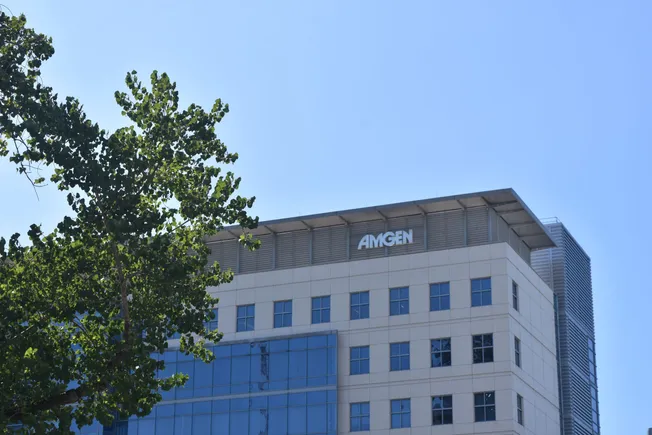Sanofi ends development of breast cancer drug in another blow to pipeline


Dive Brief:
- Sanofi said Wednesday it’s giving up on a next-generation breast cancer drug called amcenestrant after a second major trial failed. The company’s shares fell by more than 6% in early trading on the Nasdaq stock exchange.
- The French drugmaker was testing the medicine in combination with another therapy in patients with a common form of advanced breast cancer. An interim analysis of the Phase 3 AMEERA-5 trial found results weren’t strong enough to continue, and an independent board recommended halting the study and moving patients to other treatments.
- The news comes four months after amcenestrant failed as a monotherapy in a Phase 2 study of patients whose disease progressed after hormone treatment. At that point, Sanofi still held out hope the drug would work in other settings.
Dive Insight:
A year ago, doctors and researchers were touting the promise of drugs like amcenestrant that are part of a new generation of SERDs, or selective estrogen receptor degraders. At least 10 of the drugs were in development, offering the possibility of oral alternatives to AstraZeneca’s older injectable SERD, Faslodex. Drugmakers also hoped that the second generation would offer fewer side effects.
But then Sanofi announced its Phase 2 setback in March. A month later, Roche said its entry into the field, a drug called giredestrant, also failed in a Phase 2 trial.
Amcenestrant’s failure has “negative perception implications” for others in the field, SVB Securities analyst David Risinger wrote in a note to clients. Despite its Phase 2 setback, Roche is continuing to develop giredestrant, and AstraZeneca and Eli Lilly also have would-be competitors in late-stage testing.
To date, only Radius Health has managed to succeed in a Phase 3 trial. Unlike Sanofi and Roche, Radius evaluated its drug in patients with a tumor mutation called ESR1. Those patients benefited most from treatment and may have been a key to the positive results observed in Radius’s trial. The company and its partner Menarini Group submitted an application for Food and Drug Administration approval of their drug elacestrant in June. A day after that announcement, two investment firms agreed to pay as much as $890 million to take Radius private.
The end of amcenestrant marks the second disappointment in less than two weeks for Sanofi. On Aug. 8, the company said it’s paused global recruitment for studies of its closely watched multiple sclerosis drug tolebrutinib after the FDA raised concerns about side effects affecting the liver. Sanofi acquired tolebrutinib in its $3.7 billion buyout of Principia Biopharma in 2020.
This post has been syndicated from a third-party source. View the original article here.




